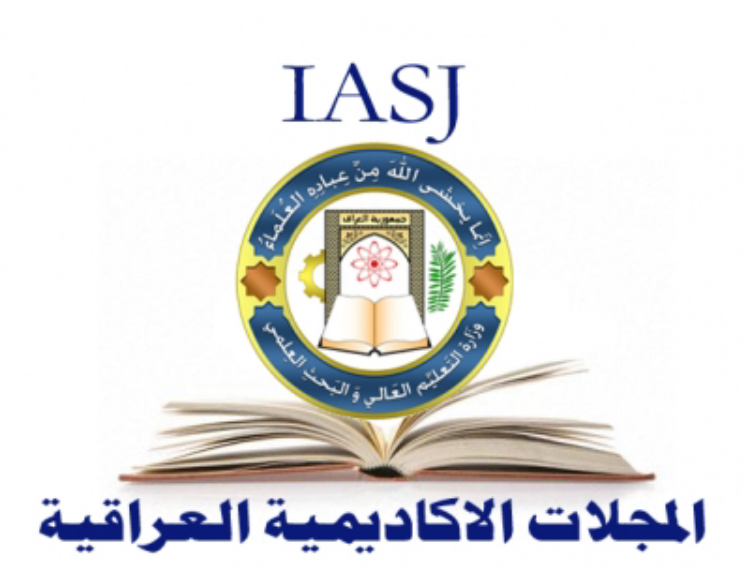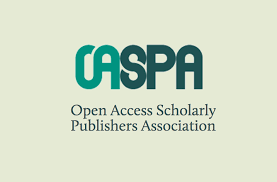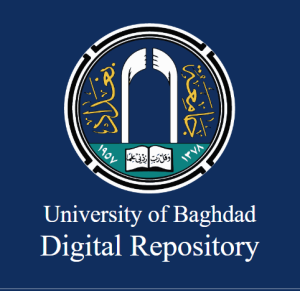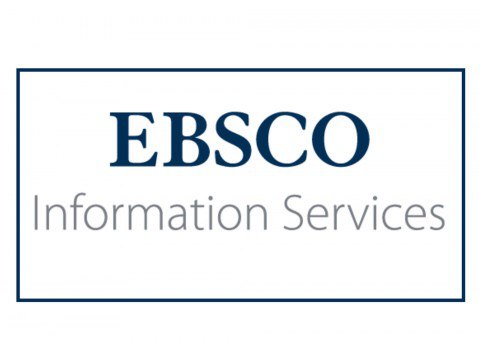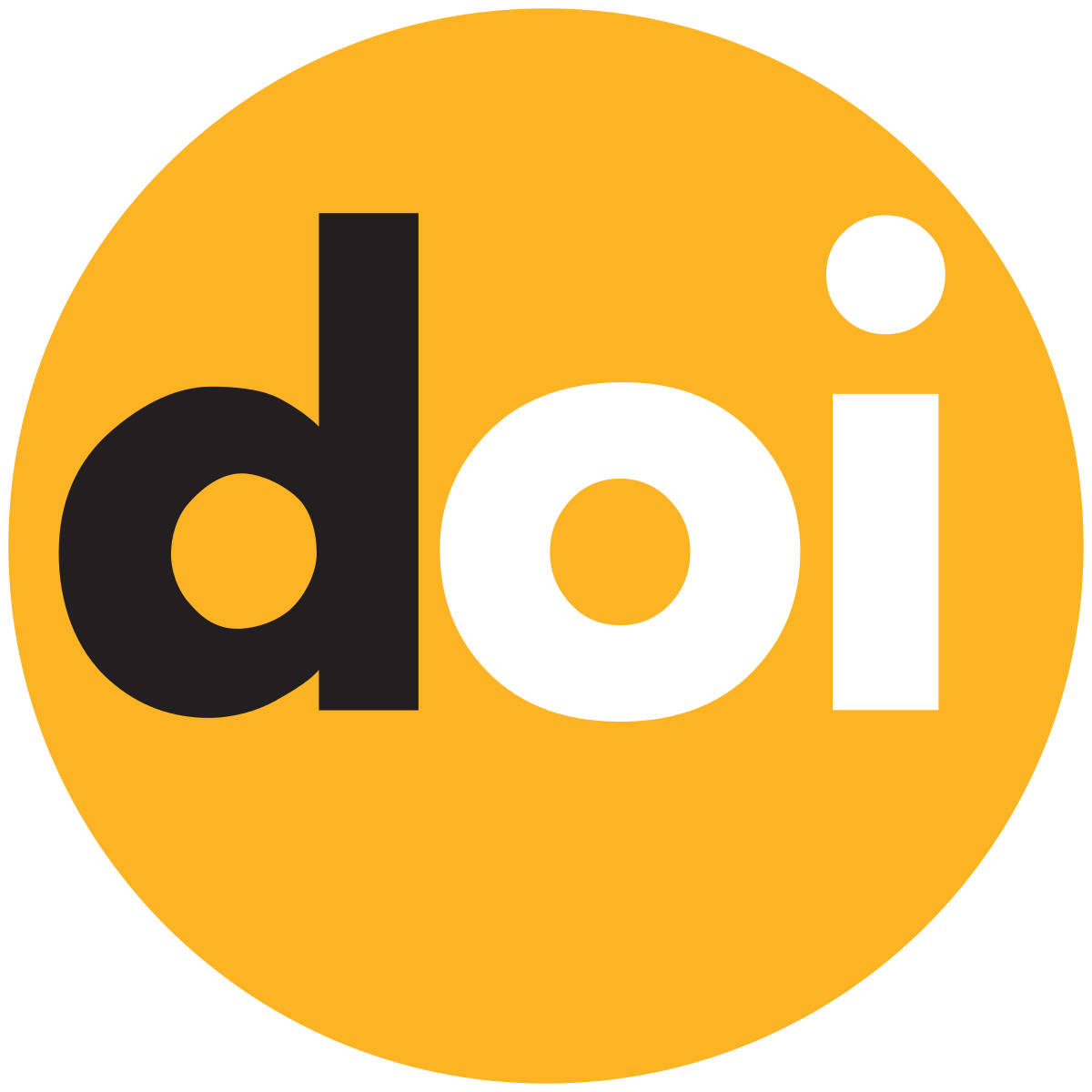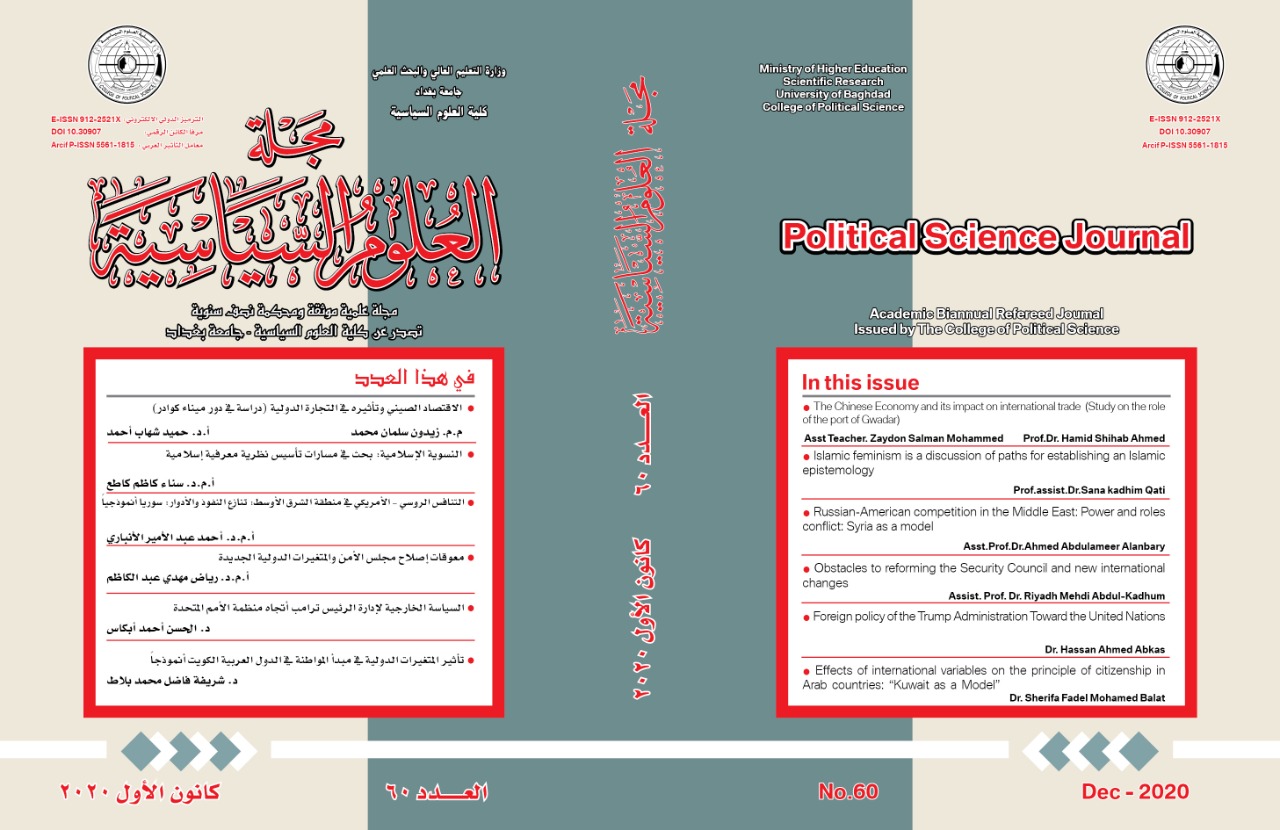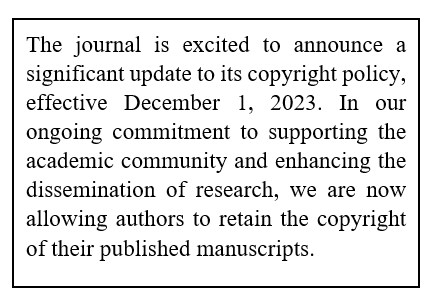
Conflicts of Interest Policy
- Editorial Disclosure and Conflicts of Interest
The Editor-in-Chief and all members of the Editorial Board are required to disclose any conflicts of interest, including memberships on the editorial boards of other journals or any professional or financial relationships that could affect editorial impartiality. They must refrain from participating in the handling of any manuscripts where the integrity of their decisions may be influenced by such relationships. They are also prohibited from using any information contained in unpublished documents or academic research without the written permission of the original author.
- Reviewers' Disclosure and Conflicts of Interest
Reviewers are not permitted to use any ideas or information that occurred in the reviewed research for competitive interests, personal purposes, or any other interests. Furthermore, they must reveal any conflict of interest that might lead to a biased opinion about the research.
- Authors' Disclosure and Conflicts of Interest
Authors must disclose any financial support or other kind of support provided to them. In addition, researchers must reveal any conflicts of interest or issues that may affect the research interpretations or results. Each published article must include a clear Conflict of Interest statement. If there is no conflict, the statement should read: “The authors declare that there is no conflict of interest.” The article should also include a Funding Statement specifying the sources of funding, if any.

 ©️ 2023 The Author(s). Published by College of Political Science, University of Baghdad. This is an Open Access article distributed under the terms of the
©️ 2023 The Author(s). Published by College of Political Science, University of Baghdad. This is an Open Access article distributed under the terms of the 
